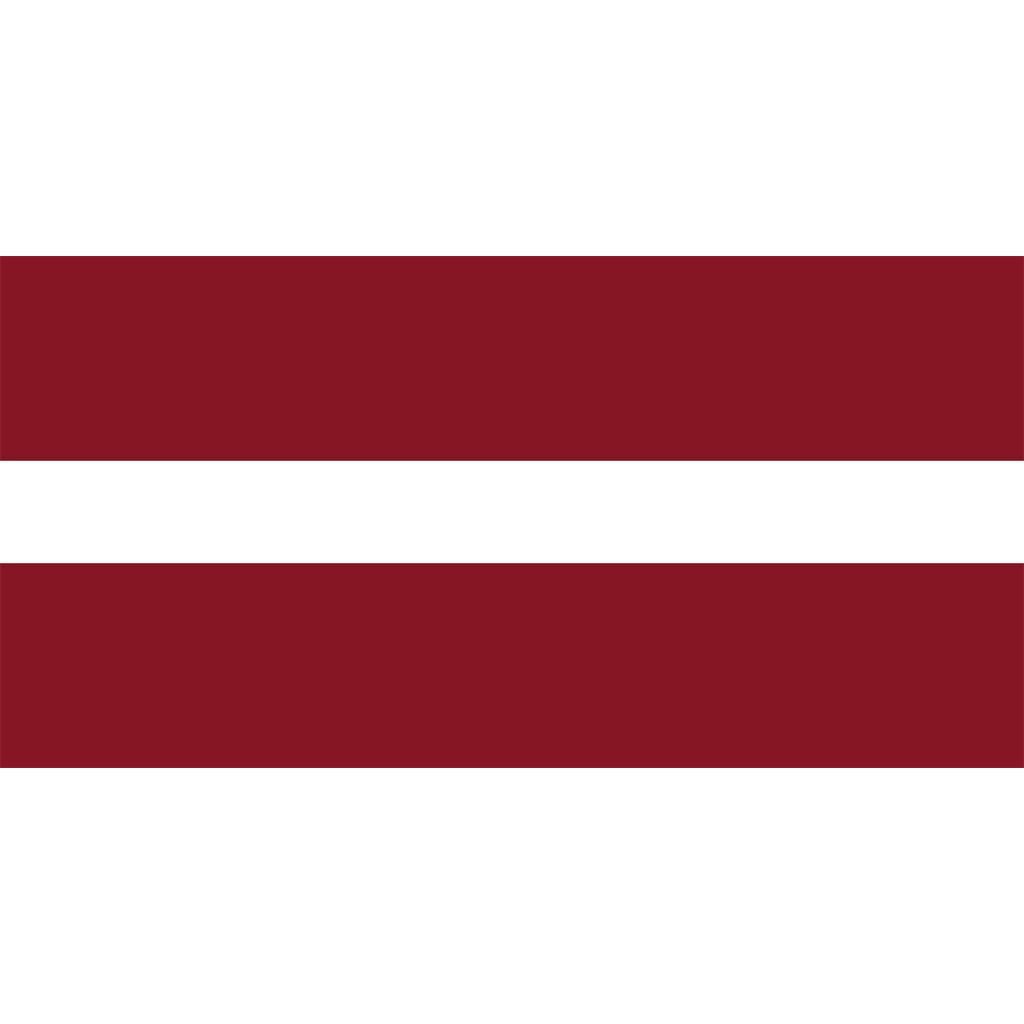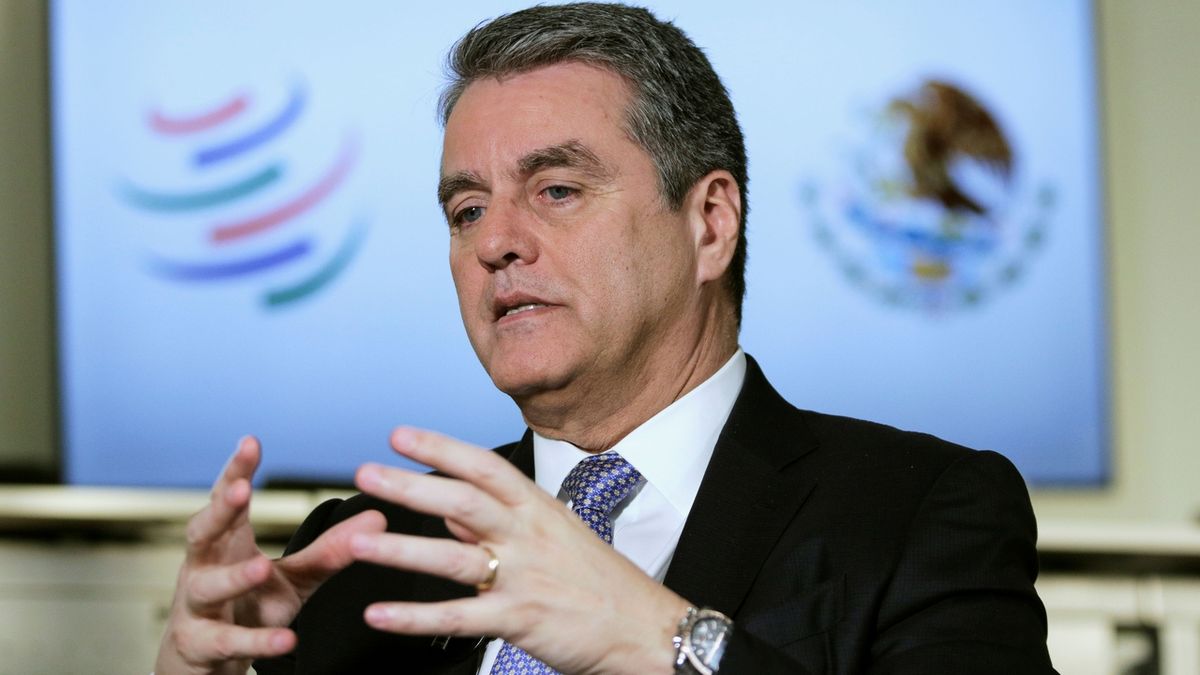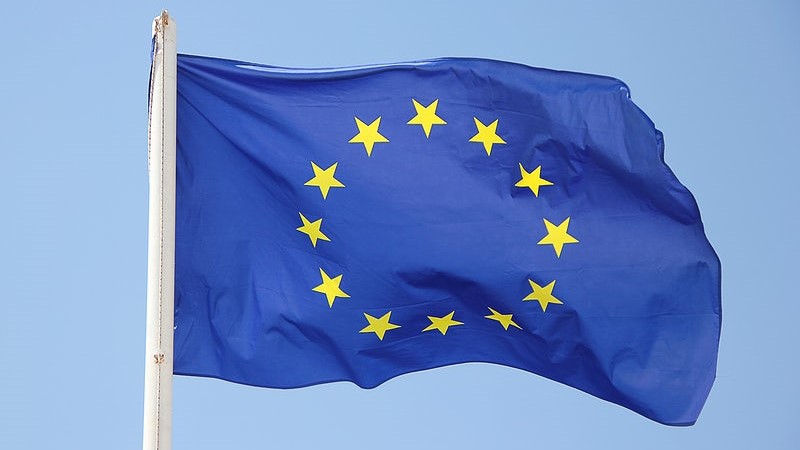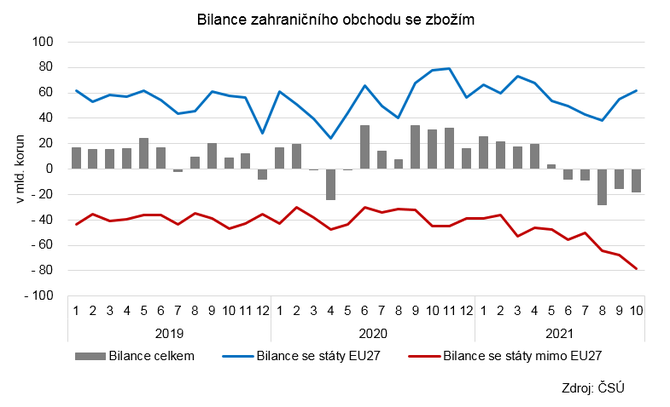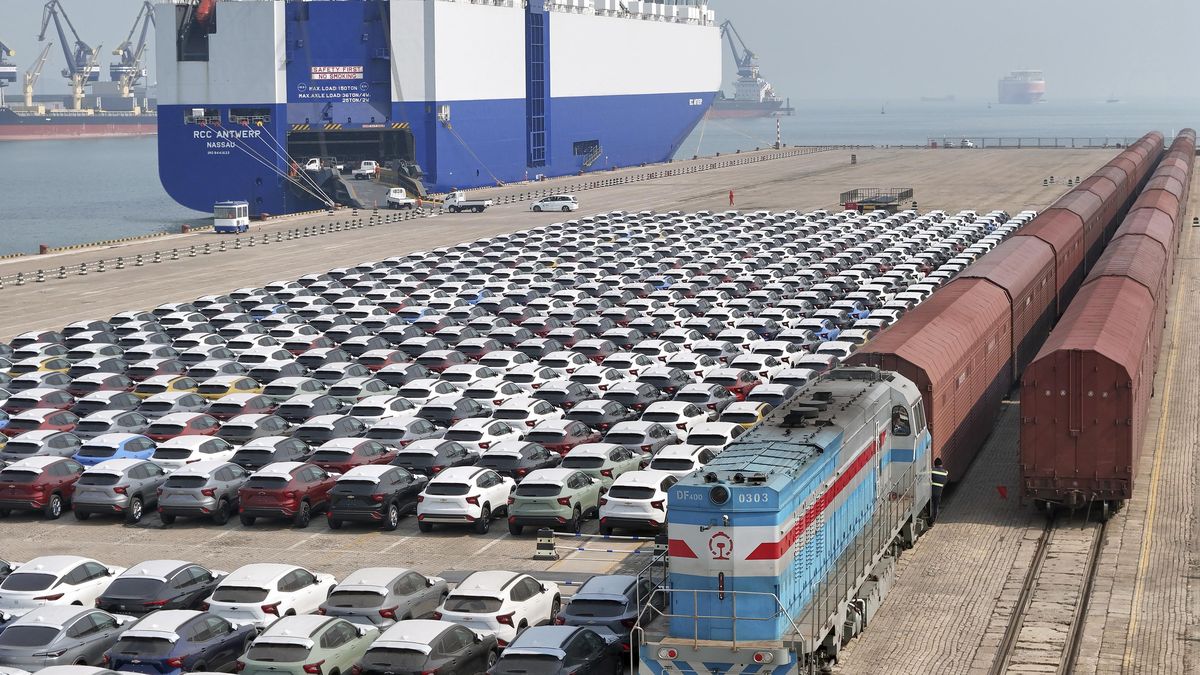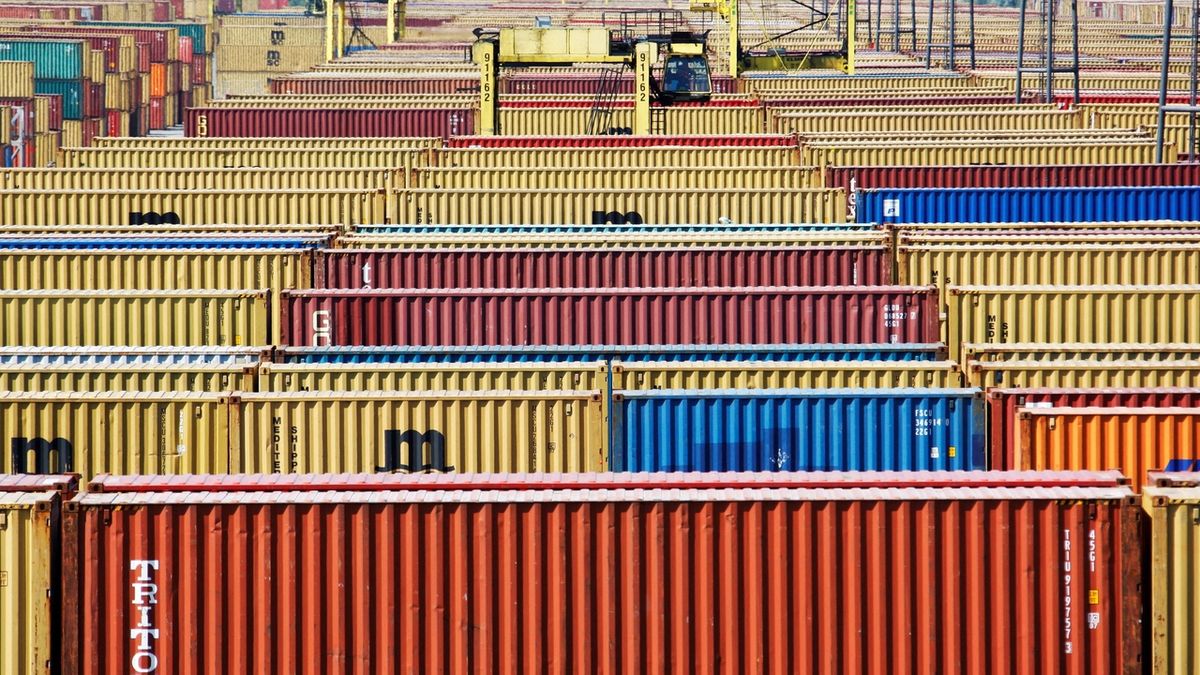Updated 11/9/2016 14:35
The Republic of Latvia is the central part of the three Baltic republics. After the collapse of the Soviet Union, Latvia regained its independence on 22 August 1991 and re-established a parliamentary republic.
Basic characteristics
It lies on the southeastern coast of the Baltic and the Gulf of Riga. It is bordered by Lithuania to the south, Belarus to the southeast, Russia to the east and Estonia to the north. Its capital is Riga.
History
Basic data
Capital: Riga
Area: 64,589 km²
Highest point: Gaiziņkalns (312 m above sea level)
Time Zone: +2
Part of the world: Europe
Population: 2 million
Population density: 31 ob. /km²
Latvian
National composition: Latvian (62%), Russian (27%), Belarusian, Polish, Ukrainian
Religion: Lutheran Church, Orthodox Church, Roman Catholic Church
State structure: parliamentary republic
Founded: November 18, 1918 (independence from Germany)
euro currency
Latvia has a rich and complicated history. The territory of present-day Latvia was already settled in the 10th millennium BC. They came here in the first half of the 3rd millennium AD Old Baltic tribes, ancestors of today’s Latvians. At the start of this era, it became a territory of present-day Latvia famous commercial intersection. The famous “Road from the Vikings to the Greeks”, mentioned in old chronicles, led from Scandinavia through the territory of Latvia along the Daugava River to ancient Russia and the Byzantine Empire. The first German traders and settlers at the mouth of the Daugava River established a trading settlement in 1201, which gradually grew into one of one of the most beautiful and richest Hanseatic cities in the Baltics – the present capital of Riga. Over the course of two hundred years, a powerful orderly state was formed from several settlements and castles, which, in addition to the violent spread of Christianity, brought Western civilization and economic prosperity to the Balts. Nevertheless, even at the beginning of the 16th century, the original pagan religion persisted among the local population. The religious reforms in the Lutheran direction that penetrated here from Germany completed the disintegration of the original great power.
It is made on the territory of the country two secular Protestant duchies – Prussia to the west, Courland – Livonia to the northeast. At the head of the Curonian Duchy (now Kurzeme and Zemgalska in southeastern Latvia) was the Kettler family, which, thanks to a well-thought-out economic policy, made of its territory small economic and maritime power, able to compete with Sweden, Denmark, the Netherlands, and even France. For a time, they even acquired overseas territories in the Caribbean and West Africa. Strikingly, modern cities such as Jelgava, Mitava, Libava and others began to grow on the territory of present-day Latvia. After the collapse of the Kettler dynasty, the enlightened and progressive princely family of Biron took the throne of the dukes, thanks to which this part of the Baltic soon became one of the most educated and progressive.
In 1795, under increasing pressure from the domestic and neighboring Russian nobility, Duke Petr Biron ceded his realms in return for payments to Empress Katerina. By doing it for a long time Latvia was currently under Russian influence and remained under it until 1918. Attempts to create their own state were fulfilled only after the end of World War I, when Latvia, Lithuania and Estonia were established as sovereign republics on the territory of the former Baltic governorates. Latvia has the relatively best development conditions among the new countries. During the Second World War, large numbers of Jews disappeared from the Latvian population, and the Germans treated Latvians with great cruelty. After the war, Latvia became part of the Soviet Union until its dissolution in 1991.
Economy
Latvia is industrial and agricultural countries. The main industries are: engineering, electrical engineering, paper, chemical, food, textile, woodworking and building materials industries. Apart from peat mining, Latvia has no mineral resources. In agriculture, animal production predominates – cattle and pig farming. Barley, rye, potatoes, sugar beets and vegetables are grown here. Fishing is also important – herring and sprat are caught.
Population and religion
About 58.8% of the population of Latvia are ethnic Latvians. A significant minority consists of Russians (about 28.7%), but roughly half of them do not hold Latvian citizenship. Other national minorities are Belarusians (4%), Ukrainians (3%), Poles and Lithuanians (less than 2%). The Protestant religion prevails, there are minorities of Orthodox and Catholics.
Political system
Attractions
- The historic center of Riga has been included in the UNESCO World Heritage List since 1997, primarily due to the large number of Art Nouveau buildings (art nouveau, Jugendstil), which are perhaps the most numerous of all cities in the world.
- On March 16, the country’s war veterans celebrate Latvian Legionnaires’ Day, but it is not an official holiday. It also includes a traditional march celebrating Latvian veterans from Waffen-SS units, including the Latvian SS division.
Latvia is a parliamentary republic. The unicameral parliament (Saeima) consists of 100 deputies elected for 4 years. Parties that exceed the 5 percent threshold will enter parliament. The head of state is the president, who is elected by deputies. The term of office is four years, with the possibility of one re-election.
Holidays and travel
Latvia is a beautiful country and has a lot to offer. The shores of the serene Gulf of Riga and the stormy Baltic are lined with sandy beaches, while the undulating plains of the interior are characterized by forest areas alternating with meadows, lakes and rivers. Busy the metropolis of the port of Riga, whose center is inscribed on the UNESCO World Heritage List, is the third largest city in the Baltic region after St. Petersburg and Stockholm, and therefore play an important role throughout the region. Gaujas is the largest national park in the entire Baltic region.

“Tv nerd. Passionate food specialist. Travel practitioner. Web guru. Hardcore zombieaholic. Unapologetic music fanatic.”

